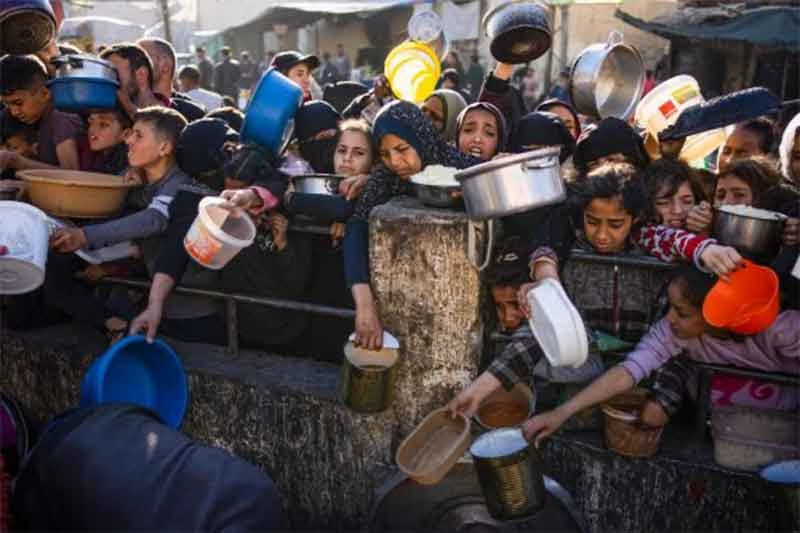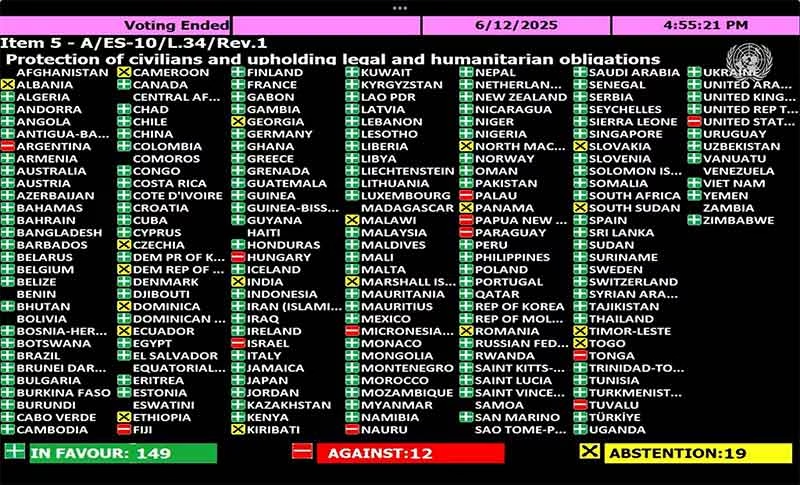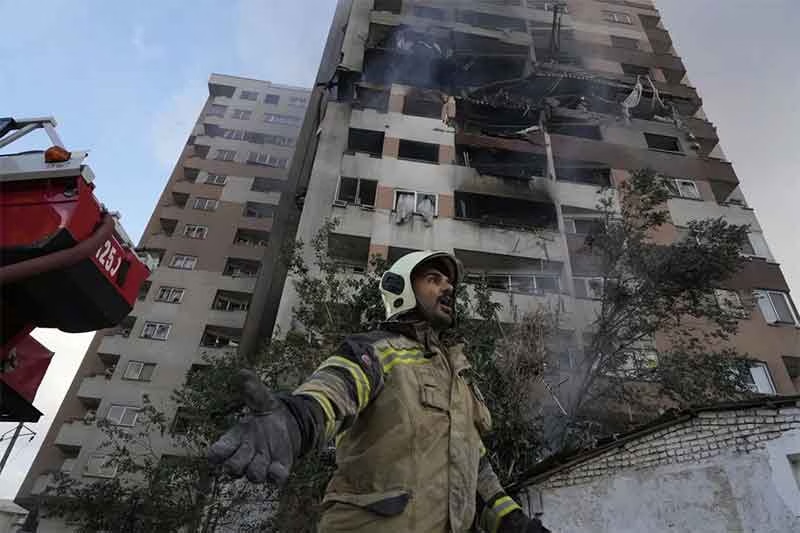
As the COVID-19 pandemic unfolded, the necessity for robust Risk Communication and Community Engagement (RCCE) strategies rapidly came to the forefront. These initiatives, led by the World Health Organization (WHO) and supplemented by national health authorities, have proven indispensable [1; 4]. Drawing on lessons from previous health crises such as the Ebola and Zika outbreaks, RCCE strategies emphasize the need for timely, credible, and culturally appropriate communication [2]. These approaches have not only helped control disease spread but also fortified public trust in health directives, showcasing the indispensable role of culturally tailored communication.
Tackling the ‘Infodemic’ through Strategic Communication
During the pandemic’s early stages, misinformation and fear proliferated, giving rise to what was termed an “infodemic”: a deluge of both accurate and misleading information that saturated public discourse [3]. The RCCE’s commitment to clear, consistent, and credible messaging was crucial in countering this. Platforms like WHO’s Information Network for Epidemics (EPI-WIN) became essential in distributing trusted information, addressing public concerns directly, and dispelling myths [5]. This effective management of information underscored the fundamental role of structured communication in crisis scenarios.
However, communication alone does not suffice. The strength of RCCE also resides in its community-centric approach, where engaging with local leaders and groups enhances the relevance and uptake of health measures. This strategy was particularly effective in boosting vaccine acceptance and reducing hesitancy, underscoring the value of community trust and collaboration [6]. For instance, involving respected local figures in disseminating health messages tailored to community norms proved crucial in fostering widespread adherence and engagement.
Demonstrable Impact and Adaptability of RCCE
My study while targeting participants from diverse communities within India and Bangladesh notes a significant improvement across all metrics (such as awareness of health guidelines, trust in health communications, and feelings of personal empowerment), with awareness scores rising from an average of 2.5 to 4.2, and trust scores from 2.3 to 4.0. Behavioral changes were equally telling, with compliance with health guidelines increasing dramatically and participation in community health initiatives showing marked improvements. The statistical analysis of this study provides compelling evidence of significant improvements in community knowledge, attitudes, behaviors, cohesion, and psychological well-being. For example, the ability to identify misinformation improved markedly, with an increase in accuracy from 55% to 85%, highlighting the critical enhancement in combating misinformation.
Subscribe to Our Newsletter
Get the latest CounterCurrents updates delivered straight to your inbox.
Preparing for the Future: Lessons for Public Health Strategy
Reflecting on these insights, the path forward for public health response should lean towards more inclusive, flexible, and community-focused frameworks. Future strategies must integrate cultural sensitivity and digital innovation to broaden their reach and effectiveness. Additionally, establishing continuous community feedback mechanisms will be crucial for refining these approaches, ensuring their applicability across various global contexts and emergent health challenges.
In sum, the RCCE framework not only showcased its effectiveness in managing the COVID-19 pandemic but also highlighted the essential need for future preparedness in public health emergencies. By nurturing an informed, engaged, and resilient community base, we can strengthen our collective capacity to navigate public health challenges with greater confidence and efficacy.
References
- Briand, S. (2020). A Voice from the frontline: the role of risk communication in managing the COVID-19 Infodemic and engaging communities in pandemic response. Journal of Communication in Healthcare, 13(1), 6-9. https://doi.org/10.1080/17538068.2020.1758427
- Kutalek R, Wang S, Fallah M, Wesseh CS, Gilbert J. (2015). Ebola interventions: listen to communities. The Lancet Global Health; DOI: https://doi.org/10.1016/S2214-109X(15)70010-0
- Shimizu, K. (2020). 2019-nCoV, fake news, and racism. The Lancet, 395(10225), 685-686. DOI: https://doi.org/10.1016/S0140-6736(20)30357-3
- World Health Organization. (2020b). Risk communication and community engagement readiness and response to coronavirus disease (COVID-19): interim guidance, 19 March 2020 (No. WHO/2019-nCoV/RCCE/2020.2). World Health Organization.
- Tambo, E., Djuikoue, I. C., Tazemda, G. K., Fotsing, M. F., & Zhou, X. N. (2021). Early-stage risk communication and community engagement (RCCE) strategies and measures against the coronavirus disease 2019 (COVID-19) pandemic crisis. Global Health Journal, 5(1), 44-50. https://doi.org/10.1016/j.glohj.2021.02.009
- Lal, A., Ashworth, H. C., Dada, S., Hoemeke, L., & Tambo, E. (2022). Optimizing pandemic preparedness and response through health information systems: lessons learned from Ebola to COVID-19. Disaster medicine and public health preparedness, 16(1), 333-340. DOI: https://doi.org/10.1017/dmp.2020.361
Dr. Soumya Sankar Ghosh is a Senior Assistant Professor at VIT Bhopal University, currently focusing on the intersection of public health engagement and language communication. With a Ph.D. in Linguistics, his research is dedicated to optimizing communication strategies in health crises. Dr. Ghosh’s work contributes significant insights into the effective use of language in public health contexts. He can be contacted at [email protected]
















































